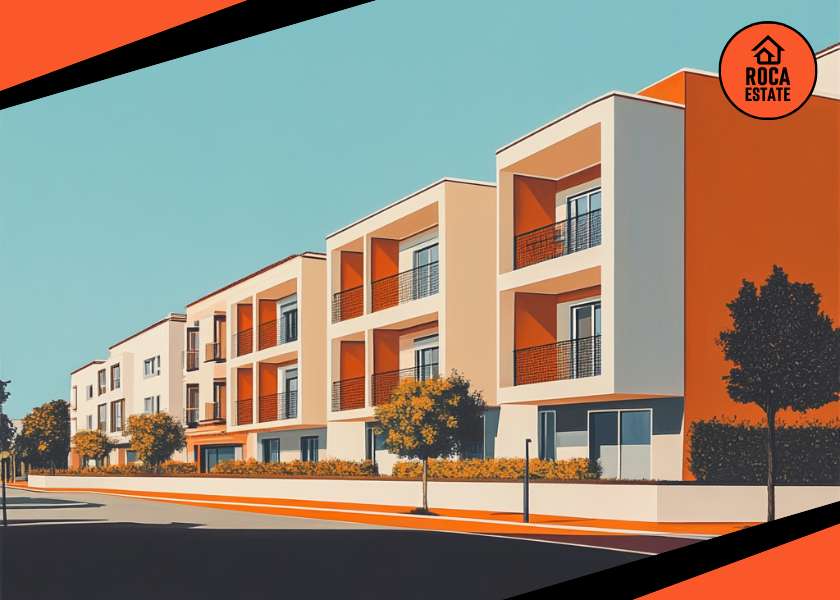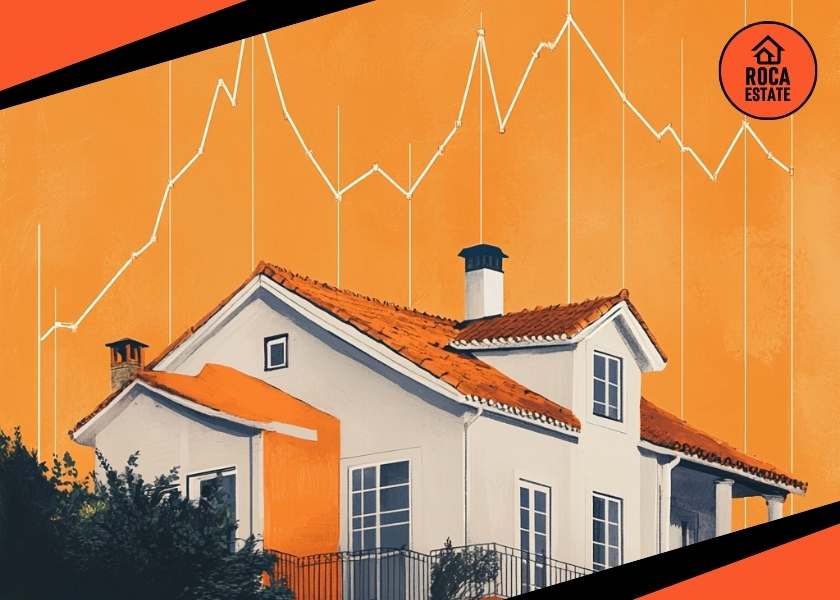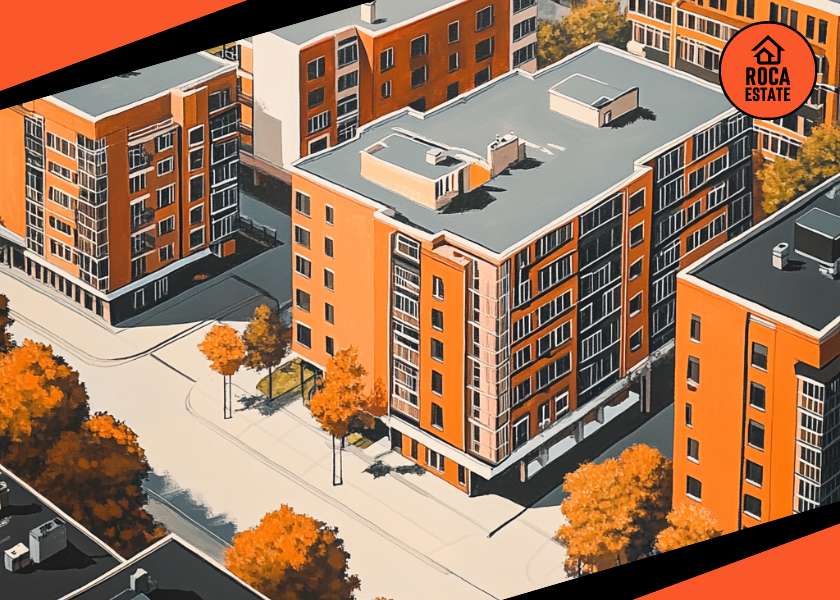Insights from the Latest Construction Data
The Portuguese real estate market is undergoing significant shifts, as highlighted by the latest Q4 2024 construction data. According to official reports, building permits surged while completions lagged, signaling both growth opportunities and potential constraints for investors. Understanding these key indicators is essential for those looking to navigate the evolving property landscape in 2025.
Main Market Indicators: Growth and Challenges
- Building Permits: The issuance of building permits increased by 23.2% year-over-year, marking a strong development cycle. This follows a 19.3% increase in Q3 2024, reinforcing confidence among developers.
- New Construction Permits: These rose by 26.4%, building on a 20.4% increase from the previous quarter. This suggests a strong demand for housing, driven by both local buyers and foreign investors.
- Renovation Permits: Approvals for renovations increased by 15.9%, slightly above the 15.2% growth recorded in Q3. This points to a growing interest in value-add investments, especially in high-demand urban areas.
- Completions Lagging: The number of completed buildings declined by 3.6% year-over-year, though this represents an improvement from the 6.7% drop in Q3 2024. Possible causes include labor shortages, rising material costs, and financing challenges.
- Residential Sector Performance: Licensed dwellings for new construction grew by 22.0%, up from the 12.6% increase in Q3 2024. Meanwhile, completed residential dwellings rebounded by 11.8%, reversing a 1.3% decline in Q3.
Investment Implications: Growth Signals and Market Constraints
For investors, these trends highlight both opportunities and potential risks:
- Supply Strength: The surge in permits indicates robust demand and an expanding housing supply, which may help moderate long-term price growth. Investors considering new developments should assess local demand, upcoming infrastructure, and zoning laws to optimize returns.
- Completion Delays: The slowdown in completed buildings suggests ongoing supply chain disruptions, construction cost inflation, and labor shortages. Investors involved in off-plan purchases or pre-construction deals should monitor project completion timelines to avoid unexpected delays in return on investment.
- Renovation Demand: The rise in renovation permits highlights the appeal of refurbishing existing properties, especially in prime locations such as Lisbon, Porto, and the Algarve. With urban renewal initiatives gaining traction, investors targeting value-added renovations could see strong capital appreciation and rental yields.
Looking Ahead: Key Market Trends in 2025
To stay ahead in the market, investors should closely watch these key factors:
- Regulatory Adjustments: Portugal’s government is focusing on housing affordability measures, which could lead to changes in zoning laws, rental caps, and tax incentives. Investors must stay updated on these evolving regulations.
- Economic Conditions: Inflation trends, interest rate policies, and economic stability will significantly impact the real estate sector. A potential stabilization of interest rates could boost mortgage-backed transactions and homebuyer confidence.
- Foreign Investment Trends: Portugal remains a hotspot for international investors, especially in Lisbon, Porto, and the Algarve. However, changes in Golden Visa policies, tax laws for non-resident buyers, and global economic factors could influence foreign demand.
- Infrastructure Development: Investments in transportation, commercial real estate, and government-backed infrastructure projects will shape regional housing demand. Investors should align their strategies with emerging growth corridors to maximize returns.
Strategic Takeaway for Investors
With construction activity rising but completions lagging, investors must adopt a strategic, data-driven approach. Those considering new developments should anticipate potential delays and financing challenges, while buyers seeking renovation opportunities may benefit from strong capital appreciation potential.
Additionally, as regulatory policies shift, flexibility and adaptability will be key for investors. Monitoring rental market changes, taxation policies, and foreign buyer regulations will be critical to refining investment strategies. By staying informed and proactive, investors can successfully navigate Portugal’s evolving real estate market in 2025 and beyond.








































































































